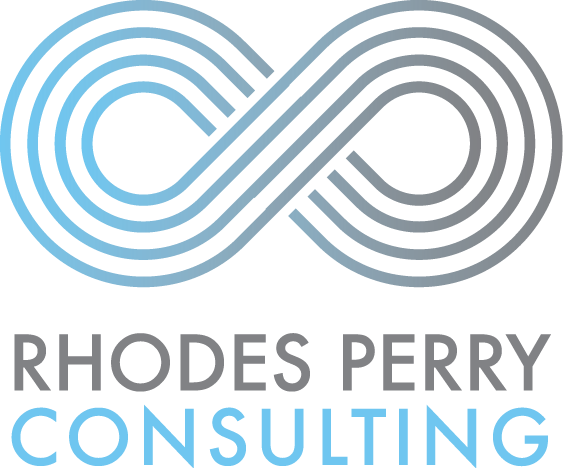5 Self-Care Strategies for Belonging Champions
Take a breath, the chorus will sing, found at: https://declara.com/content/e1rM8Boa.
This simple quote about music is a powerful metaphor for diversity, equity and inclusion (DEI) leaders, encouraging us to prioritize our health and well-being. When we do, it strengthens our collective efforts to continue acting as the organizational catalysts necessary to ignite our colleague’s curiosity, courage and commitment to build belonging at work. We can take this metaphorical breath and rejoin the chorus after we consider adopting some of the basic self-care strategies offered in this article.
5 Self-Care Strategies for #BelongingChampions
Establish Professional Boundaries. As you help implement your organization’s DEI commitments, be sure to establish and uphold your professional boundaries. For example, if you are hired to establish an organizational DEI strategic plan for a company with 20,000 employees, clarify what this work entails and what it does not. Lack of boundaries may inflate your role’s responsibilities, and you may end up being expected to train all 20,000 employees, create an employee resource group network, evaluate your company’s supplier diversity program, and create a marketing strategy to engage new and emerging markets.
Belonging Challenge: Consider having a candid discussion with your leadership team about the realities of what’s possible with the existing DEI staff and resources, and what could be possible in the future as your organization grows this work. Creating these boundaries today will prevent burnout, fatigue and feeling ineffective in leading this work.
Intentionally Say Yes. As opportunities come your way related to your professional role, review your boundaries and create a decision-making process when determining if these opportunities are in alignment with your role, and what you hope to accomplish during you time working with a particular organization. If the opportunity aligns with what you have posted, it will be much easier to intentionally say yes to it.
Belonging Challenge: Once you’ve established your professional boundaries, make sure they are written on a piece of paper and posted somewhere where you can review them. As you consider intentionally saying yes or no to opportunities that come your way, review your boundaries and determine if the opportunity aligns with your role.
Lean on Your Professional Network. As Nkem Ndefo states, if you’re working in the DEI field, chances are “you’ve been personally impacted by the systems” you want to change. It’s important to be careful and engage in your own healing before moving too quickly into advocating for change. By establishing a robust professional network of fellow DEI champions, you can lean on others to decompress and talk through specific challenges you may need support and guidance.
Belonging Challenge: As you build your professional network, get curious and ask your colleagues how they engage in self-care practices to offset some of the triggers that can cause professional trauma leading to burnout. Chances are, more experienced colleagues will have many ideas that may resonate and support your own self-care practices.
Take Full Vacations. Our passion, commitment, and enthusiasm for building belonging at work can be both a blessing and a curse. It can be the latter if we neglect to take time away from our aggressive plans to create healthier workplace cultures. In order to realize these healthy cultures, we ourselves have to maintain our own well-being. One of the best ways to achieve our own health and well-being is by taking full 10-day vacations where we turn off our work email and completely focus on our lives outside of the office.
Belonging Challenge: Consider the last time you took a full 10-day (or longer) vacation. How did you feel when you disconnected from work, what new perspectives did you gain, and how did you feel when you returned to the office? After you reflect, look at your calendar and if there isn’t a vacation scheduled in the next 6 months, consider what it would take to schedule some long-overdue R&R.
Recognize Your Why. When the going gets rough, and colleagues become resistant to some of the inevitable change you’ll be leading across your organization, be sure to return to your why. As Simon Sinek states, your why is identifying the things that inspire you, so that together we can change our world for the better. If you’re leading DEI efforts at work, chances are you have optimism that the workplace can change, and be one where all of our stakeholders feel a sense of belonging.
Belonging Challenge: Take some time to write down on a piece of paper why you are committed to building belonging at work. Identify some of the things that have already changed in your workplace that inspire you. Include examples of workplaces that have made positive advances, and include quotes and images of leaders who give you a sense of optimism. Then post what you write above your desk, and reflect on it when you need to feel supported and uplifted.
Now that you have a better understanding of some of the self-care practices you can adopt, consider sharing this post with a trusted friend or colleague. Ask that they serve as your accountability buddy and schedule a time to check-in to discuss the strategies you have adopted to maintain and strengthen your health and well-being. Remember that self-care strategies includes looking out for others in your community. Together we can strengthen our collective health and well-being, which in turns cultivates healthier workplace cultures.


